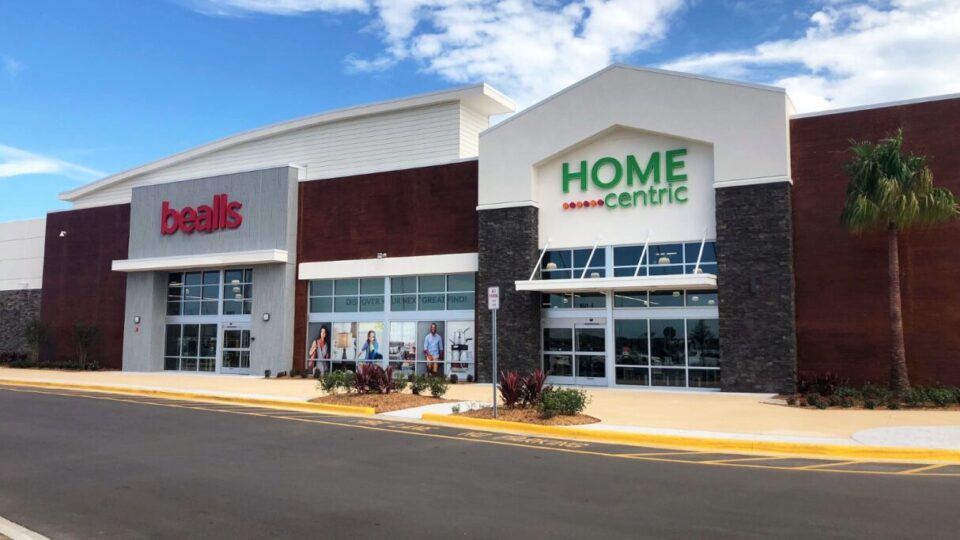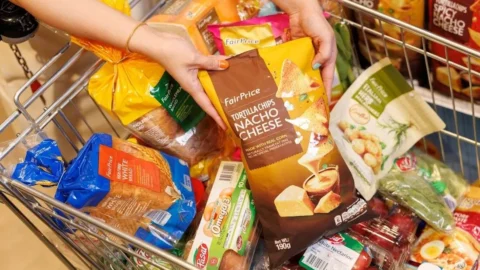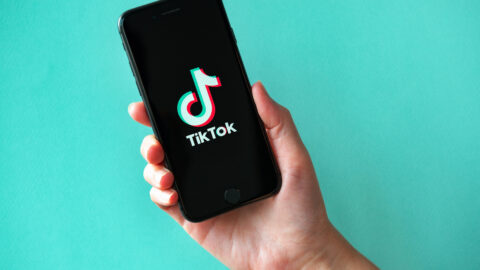In 1932, fledgling Florida department store Bealls went bankrupt and was owned by the bank for more than 10 years. Now, nine decades later, the chain is celebrating its 110th anniversary and is bigger and stronger than ever, with more than 650 stores across 22 states.
The story of how Bealls (pronounced “bells” despite that errant “a”) went from financial ruin to enduring success — achieving a milestone that most companies, retailer or otherwise, never reach — is particularly poignant right now amid a new string of high-profile retail bankruptcies. In fact, Bealls’ financial stumble in its early years became a key driver of its future longevity.
After the bankruptcy, founder Robert “R.M.” Beall stayed on at the store as a manager until 1944, when he was able to buy his company back from the bank. From that point forward, “the story goes that the family said, ‘We will always ensure that we’re watching our balance sheet,’” said Tianne Doyle, current President and 33-year Bealls veteran, in an interview with Retail TouchPoints. “We take risks, and we try a lot of new things, but we also have a beautiful balance sheet. The company is so grounded on financial principles.”
This means self-financing most initiatives, keeping a low debt load and only spending within the limits of operating cashflow — sound business strategies all, but not necessarily the operating model for many companies today.
Bealls: A ‘Big Little Company’ Still Run by Family
Bealls also is notable for remaining family owned and operated. Egbert “E.R.” Beall joined his father R.M. in the business after he returned from WWII and led the company’s first store expansions in Florida. In the 1970s his son Bob joined, eventually becoming President and CEO in 1980. Bob Beall would lead the retailer for four decades, driving the company’s entrance into off-price and expanding its national footprint. Today, Bealls is led by Bob’s son, Matt Beall, and with a young son of his own, the generational succession looks set to continue well into the future.
“Fewer than 1% of companies reach the 100-year mark — especially as a family business,” said Matt Beall in a statement. “I think being one of the last remaining American family retail businesses means a lot to people. In the last few decades, most have sold out to larger public companies or have gone bankrupt. We continue to show up and work every day with a focus on guest experience, but we also focus on associate experience. Culture and the way we treat people is very important to us.”
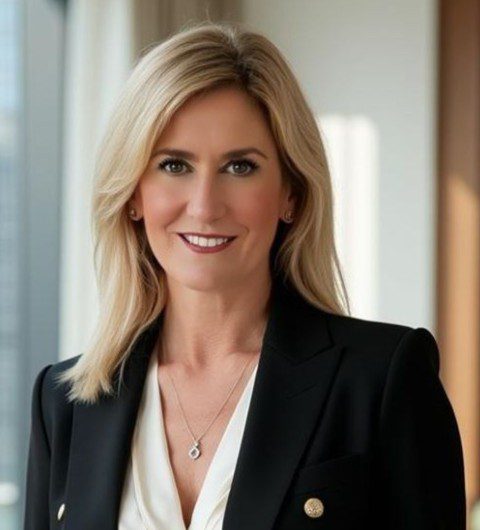
Doyle echoed that focus: “I’ve been fortunate to work for two family CEOs — Bob when I joined, now Matt, and there was a non-family CEO in between,” she said. “The culture of the family is the foundation for our company culture. Bob was a gentleman’s gentleman. He was curious and the best listener. He also believed in taking your best people and giving them broad exposure to everything. It’s so entrepreneurial here, you feel like you have ownership of the business. I’ve always felt so empowered to try something new, make mistakes and learn from them.
“I like say we’re a big little company now,” she added. “We have 14,700 associates — that’s a big responsibility; that’s a lot of jobs that we create and people we care about. I think we’re here for 110 years because we hire people who share the same values, and we really open the door and empower them.”
The Power of the Off-Price Model
Bealls, which also operates the Home Centric store banner, is entering this new era of retail with a renewed focus on off-price, solid financials and an appetite for growth. The company’s decades-long shift fully into off-price is nearing completion as the Bealls Florida banners transition from their previous hybrid offering into off-price only, meaning that all Bealls stores now operate under the same model. Also helpful was the 2020 bankruptcy of Stage Stores, which owned an unrelated Texas-based off-price chain also called Bealls. Following the bankruptcy, the Florida-based Bealls was able to buy this competitive IP, creating a cohesive national brand.
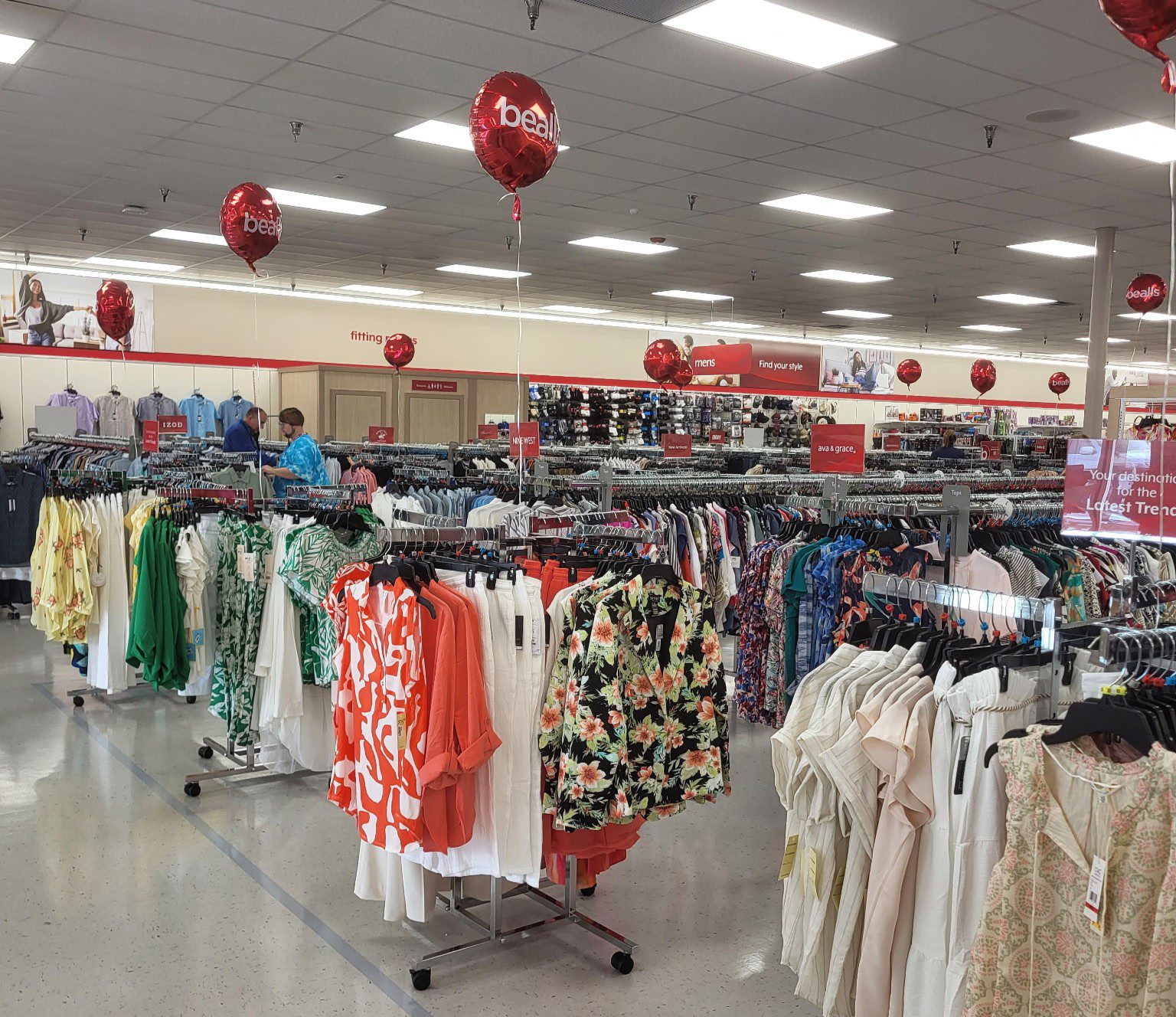
In 2024, Bealls grew by 24 stores and opened a new buying office in New York City, further solidifying its national presence, and Doyle sees ample opportunity for more growth ahead.
“Our emphasis on value and the agility of our business model breeds success during good times and more challenging times,” she said. “We can be very responsive. If all of a sudden Korean beauty takes off, for example, we can fill our beauty shelf with Korean beauty. When Party City went bankrupt, we were already in that category, but in a matter of 60 days we were able to really expand our celebrations business. The beauty of this model is the agility and responsiveness.”
Also key during periods of economic difficulty, like now, is the fact that the company has relationships with thousands of vendors rather than relying on a small group of specific brands or manufacturers. This makes pivots in the face of challenges like tariffs easier for Bealls than for other retailers.
Creating Modern Moments of Consumer Connection
And as consumer behavior evolves, Bealls has leaned into data-driven innovation and guest engagement to continue to connect with its customers. A few years ago, the company revamped its loyalty program, making it more generous and flexible.
“Customers now earn rewards faster, and we also said, if empowerment is one of our values, how do we better empower the guests?” said Doyle. “We want customers to decide when they’re going to shop, when they’re going to save, how they’re going to spend, how they’re going to pay, and so we made the rewards program very neutral. In the past, if you were a certain age and shopped on a Tuesday, you saved, for example. We took out those special days out and now it’s just save every day, any day, all the time.”
The company’s newly launched ambassador program was born out of this enhanced loyalty program: “When you talk about the future of retail and how to connect with consumers, the best way is through their friend,” explained Doyle. “In this day and age, everybody is a marketer. Anybody can go on TikTok or Instagram and talk about a product, so what our ambassador program does is it invites our loyalty members to be a part of our tribe.”
The program has started with Bealls’ most active loyalty members, what the company refers to as its “Love Bucket” shoppers. Bealls gives these shoppers “assignments” like “Go Mother’s Day shopping, find five items from around the store and send us your video” — and customers who complete the assignment get additional loyalty points.
“We’re getting some great content,” said Doyle. “We now have ambassadors across all 22 states [where we have stores]. So many retail companies run their marketing from corporate headquarters, but it’s so much more authentic when you’ve got a woman in Huntington, Pa. speaking to other women in that area. The ambassador program is one of our big unlocks to creating a genuine connection with our customer.”
National Chain, Localized Stores
Another way Bealls creates that community connection is through localized store designs — an alien theme at the Roswell, N.M. store, for example, or peanut-inspired décor in Dothan, Ala., which is known for its annual peanut parade. “When we go into a community, we want to be a part of the community, so if there’s a heritage or a story behind a community we’ll invest in some localization — it’s another way of connecting,” said Doyle. “We want to make shopping fun. Our purpose is outfitting the whole family for less, so we want families to come in and enjoy.”
In fact, this regional focus is what Doyle believes sets Bealls apart from its competitors in the off-price space: “60% of our stores are in smaller markets, and we have done quite a bit of work to understand those smaller markets, where we are the fashion destination for the whole family,” she said. “There’s a whole range of niche brands that we do business with in a pretty significant way that you won’t find in our benchmark competitors. We really understand small town, rural America; that’s our sweet spot, actually.”
Evolving with the Times, and Growing
The other differentiator Doyle sees for Bealls is experience. As she points out, “everybody sells the same categories of product, but what makes us different is the culture in our building — the associates and the way we engage the guests. Our guest engagement program is dubbed ‘Every guest leaves happy,’ and over the course of the past two years, we’ve taken the focus for our associates off of head-down, task-oriented to head-up, guest-focused.”
All of this has Doyle and the rest of the Bealls leadership team feeling pretty confident about the future of the company. Doyle said they see a clear path to reach 1,000 stores nationwide, at a pace of about 20 to 40 new stores per year.
And unlike many centenarians, Bealls also is excited about the potential for new technologies to further advance its business: “We are doing some pretty cool things on incorporating AI into technologies to get our team more efficient, so that we can turn our focus from big data to the guest,” said Doyle. “All of that work we do to address small markets and really understand that consumer and their family and how they’re shopping — we believe that AI will help us take care of a lot of the foundational work and even help with planning to get better when we target local markets.”



